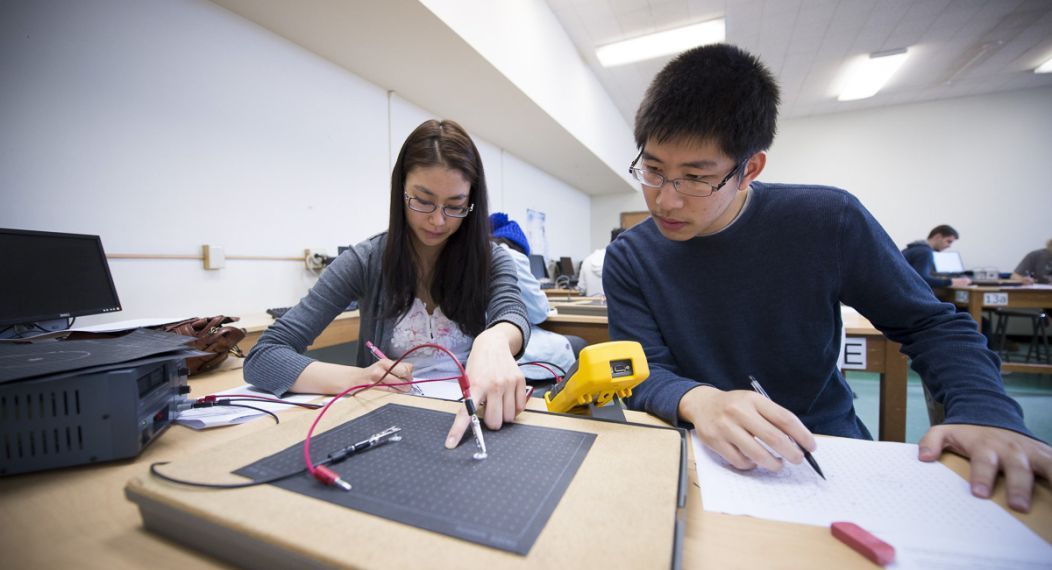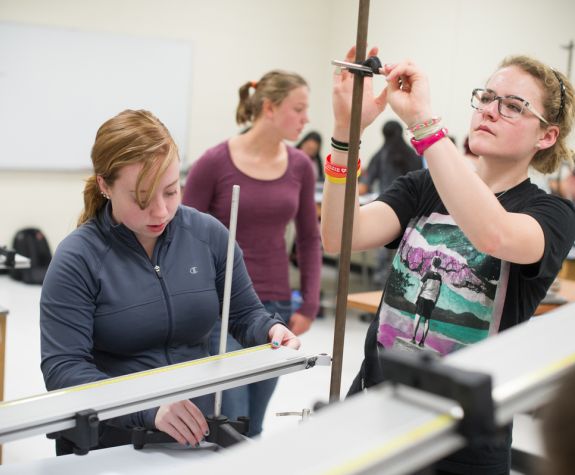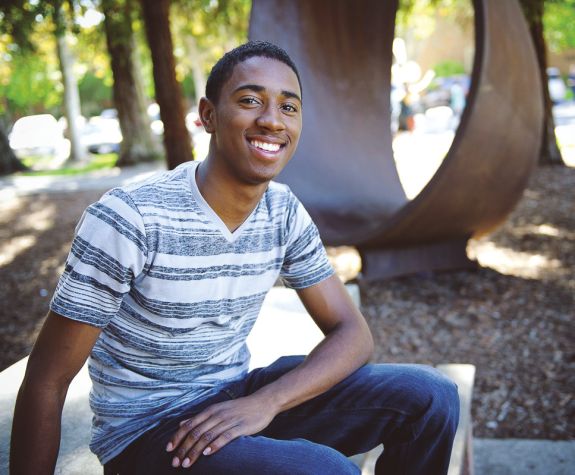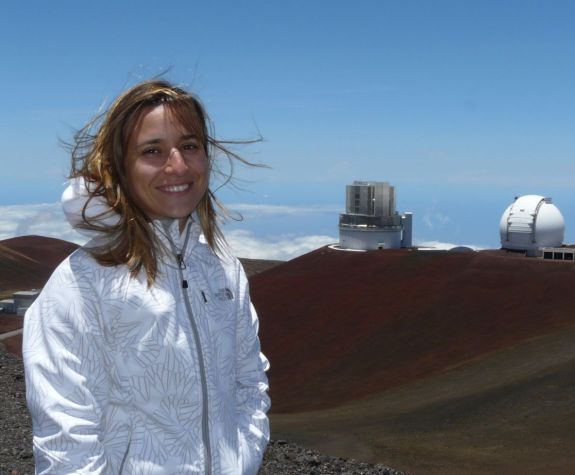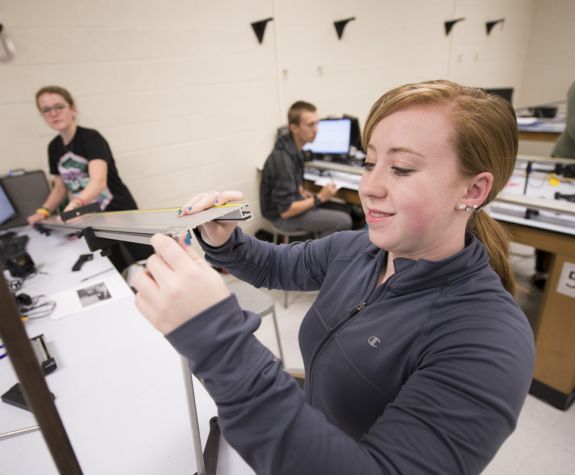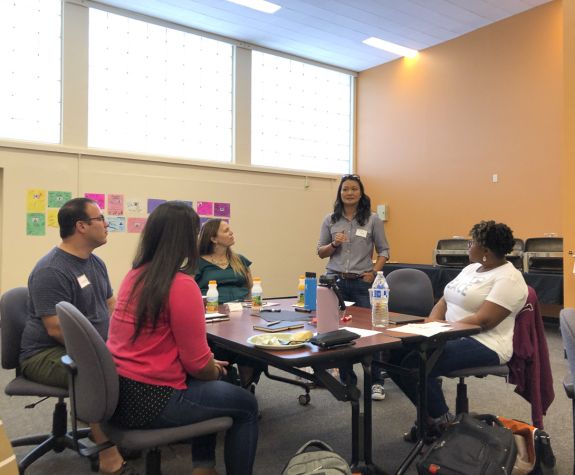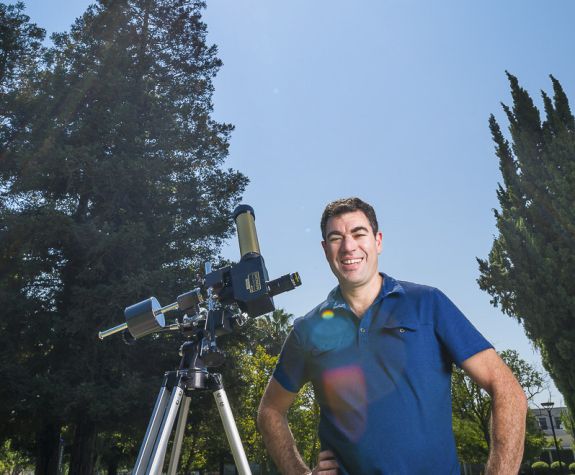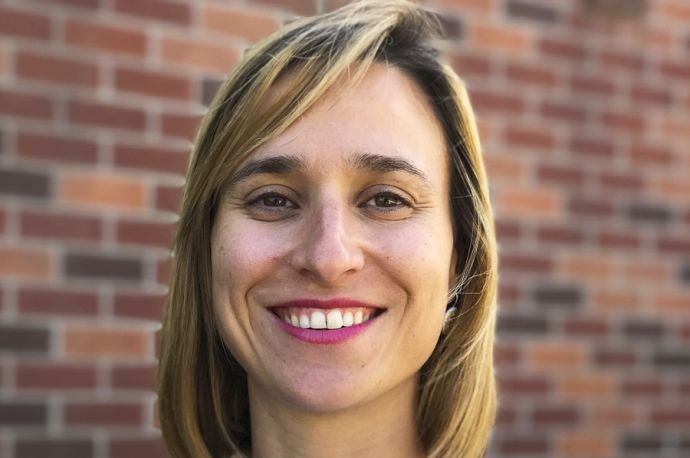Explore the universe. Start in the lab.
Explore the universe through hands-on experiments, cutting-edge labs and faculty-mentored research. At Pacific, you’ll study everything from quantum optics to astrophysics and even use our 2.3-meter radio telescope. Our physics graduates go on to careers in engineering, education, research and beyond. If you're curious, driven and love to ask big questions, this is your launchpad.


